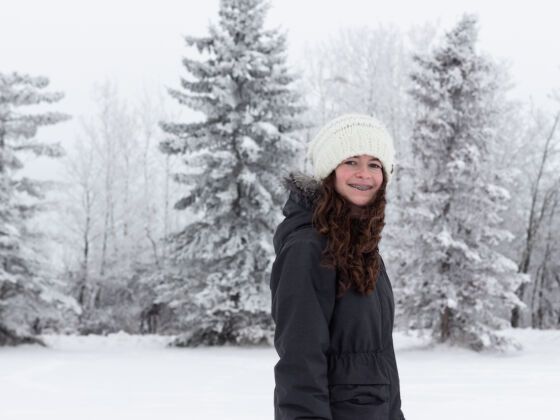I was hungry beyond good manners. I zoomed in front of a millennial woman at the salsa bar of Salsa Brava, a great Flagstaff Mexican restaurant.
“Oh,” she said and jumped back, “I’m sorry.”
There was no irony in her voice, no sarcasm. I stopped wildly foraging and looked at her. “No,” I said. “I’m sorry. I stepped in front of you. Why did you apologize for my rudeness?”
